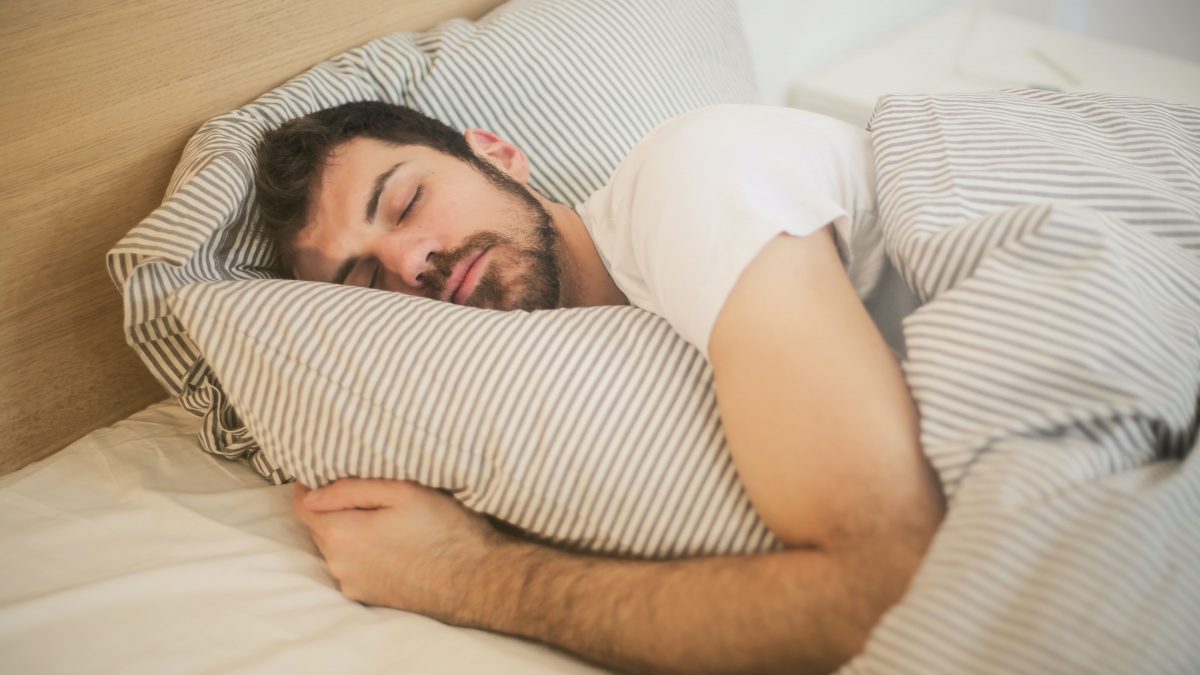Benefits of a Good Night’s Sleep
Benefits of a Good Night’s Sleep

There is an activity that covers (or should cover) a large part of the 24 hours of our day and that is vital to be healthy: Sleep.
Sleep is one of the basic needs for human beings, which is why the American Academy of Sleep Medicine and Sleep Research Society recommends that an adult sleep between 7 and 9 hours a day to promote good health. However, what happens in our body when you get enough sleep?
Continuous good sleep helps:
-Increase physical endurance: Research from Stanford University concluded that athletes who slept enough in times of competition, managed to increase their endurance and significantly improved their times.
-Cardiovascular health: A study published in the European Heart Journal mentions that people who suffer from insomnia are 3 times more likely to suffer from heart problems.
-Look fresher and healthier: During the night the skin cells take the opportunity to “recover” from the damage caused by the sun, the earth, pollution, chemicals, etc. So getting enough sleep will help you avoid the appearance of dark circles, inflamed eyes and face, dry skin and above all, it will help you avoid the early appearance of wrinkles and signs of expression, making you look healthier.
-Improve memory: Sleeping well strengthens the connections between neurons. In addition, some studies mention that during the night, our memory is restored, transforming short-term memory into long-term memories.
-Reduce stress: How many of us get in a bad mood if we don’t sleep well the night before?
–Without a doubt: ALL. And this happens because while we sleep our body produces serotonin, a hormone that helps to counteract stress and improve mood.
-Improves the response of the immune system: At Carnegie Mellon University, a study was carried out that mentioned that people who sleep less than 6 hours a day are 3 times more likely to suffer from a cold or flu.
And you, how many hours do you sleep a day?
References
Al Khatib, H. K., Hall, W. L., Creedon, A., Ooi, E., Masri, T., McGowan, L., … & Pot, G. K. (2018). Sleep extension is a feasible lifestyle intervention in free-living adults who are habitually short sleepers: a potential strategy for decreasing intake of free sugars? A randomized controlled pilot study. The American journal of clinical nutrition, 107 (1), 43-53.
Axelsson, J., Sundelin, T., Ingre, M., Van Someren, E. J., Olsson, A., & Lekander, M. (2010). Beauty sleep: experimental study on the perceived health and attractiveness of sleep deprived people. Bmj, 341.
Consensus Conference Panel, Watson, N. F., Badr, M. S., Belenky, G., Bliwise, D. L., Buxton, O. M., … & Tasali, E. (2015). Recommended amount of sleep for a healthy adult: a joint consensus statement of the American Academy of Sleep Medicine and Sleep Research Society. Journal of Clinical Sleep Medicine, 11 (6), 591-592.
Fan, M., Sun, D., Zhou, T., Heianza, Y., Lv, J., Li, L., & Qi, L. (2020). Sleep patterns, genetic susceptibility, and incident cardiovascular disease: a prospective study of 385 292 UK biobank participants. European heart journal, 41 (11), 1182-1189.
Mah, C. D., Mah, K. E., Kezirian, E. J., & Dement, W. C. (2011). The effects of sleep extension on the athletic performance of collegiate basketball players. Sleep, 34 (7), 943-950. National Institutes of Health (2013). The benefits of sleeping. health.nih.gov
Rasch, B., & Born, J. (2013). About sleep’s role in memory. Physiological reviews.
As a result, the medical information provided in the site which you are going to visit may not be appropriate for product use in your country.
